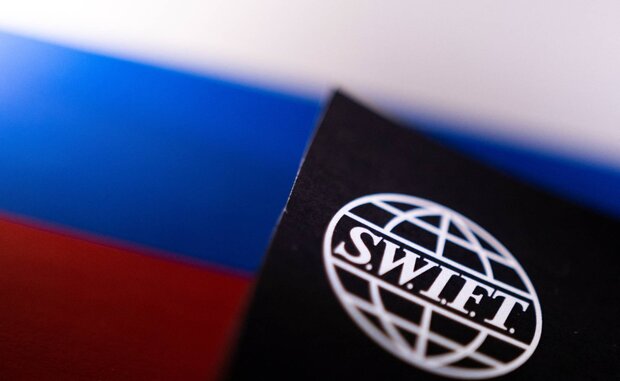
According to data from SWIFT, as reported by media outlets this week, July witnessed the euro’s usage in international payments declining to an all-time low.
The Ria Novosti report indicated that, in July, the share of global transactions made using the world’s second-most popular currency decreased to 24.4 percent, down by 6.83 percentage points from the preceding month.
The percentage of payments in the US dollar jumped to 46.4 percent, while international settlements using the Chinese yuan exceeded 3 percent, marking the highest level since early 2022. The yuan’s influence on foreign trade has consistently grown, in compliance with Beijing’s strategy to foster the global adoption of its currency.
SWIFT (the Society for Worldwide Interbank Financial Telecommunications) remains the primary method for handling international payments. Nevertheless, alternative communication systems between banks have emerged over the past few years.
In response to US sanctions in 2014, Russia initiated the establishment of its unique national payment system, the System for Transfer of Financial Messages (SPFS), which facilitates the transmission of financial messages between banks, regardless of whether they are located within or beyond the Russian Federation. Russia introduced its alternative to MasterCard and Visa, the Mir card, to the public in December 2015; Mir cards are now in active use across several countries.
DAY/PR